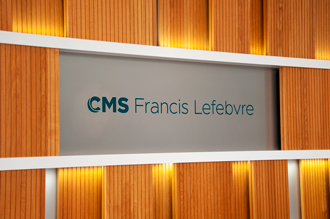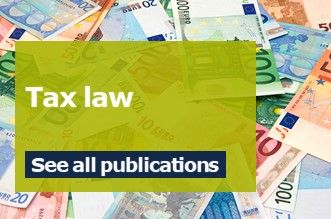
In France, the Covid-19 crisis will have an impact on asset tax valuation insofar as the event giving rise to tax (depending on cases) occurs at a date when the crisis started to cause critical effects.
However, if the beginning of the pandemic can be dated rather precisely in a given country, the moment when one should have foreseen the economic consequences of the crisis and its duration are more difficult to assess.
In this context, how to take the Covid-19 crisis into account in valuation work?
The difficulties arising from this crisis
According to some stable case law, French judges favour the comparable uncontrolled method which takes as reference the price at which other transactions occurred in the recent past regarding the shares of the same company1. Taxpayers should thus firstly establish an inventory of past transactions and collect relevant data to support, if necessary, the rejection of said transactions as non comparables, in case they occurred at a time the COVID crisis hadn’t materialized yet.
With regard to retrospective methods (restated assets method, capitalized earnings method, capitalized dividends method, etc.), issues arise from the fact that the financial data on which these methods are grounded do not reflect the current situation.
As for prospective methods like the « Discounted Cash Flow » method, they are based on a business plan which is supposed to integrate the consequences of the crisis on the future profits of the company. It may however be complex to determine financial forecasts with enough certainty without knowing the real scale and duration of the crisis, which may also depend on the industry.
Overcoming obstacles in valuation works
As a preliminary remark, the uncertainties of the period should all the more spur taxpayers to combine several methods, pursuant to the guidelines of the tax authorities, in order to corroborate the outcome of a valuation.
With regard to retrospective methods, one solution that can be envisaged to take into account the temporary impact of the crisis would be to weight financial data differently to the standard practice, by revising or reversing the usual weighting that consists in considering that the most recent financial year is the most representative one, or by favouring another past year (or years) which would best represent the business performance to be expected in the near future.
Before using prospective methods, it is first necessary to determine whether it is plausible that the crisis is challenging the very survival of the company, in which case this type of method would have to be ruled out (in order to probably favour a liquidation value method). Apart from this rather exceptional situation, it should be assumed that the normative financial data that forms the basis for the terminal value should not be significantly altered (as, in many cases, one might expect the consequences of the economic crisis to probably vanish on the long run, once the sanitary crisis itself has been overcome). On the other hand, short term forecast may be more significantly altered, on a case-by-case basis, and circumstances may also require expanding the business plans’ time horizons as it may take longer to recover from the crisis and reach back up to the level of normative long-term flows. In addition, it could be relevant to implement multiple business plans’ scenarios. Such use of different scenarios could also be combined with a weighting approach.
Regarding the determination of discount rates which requires the use of various market data depending on the selected valuation methodologies (risk-free rate, inflation rate, market or size risk premium, etc.), the consequences of the crisis may vary. However, currently available past data for these parameters may appear irrelevant to determine appropriate discounted rates, as the historical data do not integrate the effects of the current crisis yet. One solution may consist in observing the evolution of these parameters during previous crises and then build several scenarios that will simulate the plausible evolution of these parameters from 2019 to 2020.
In any case, whatever method is used, applying an overall discount factor on the value of a business or company due to the crisis would appear to be a perilous strategy because it would be particularly difficult to establish its quantum with sufficient reliability.
The general principle of prudence must be applied when carrying out valuation work during this transitional period.
In any event, in line with what was judged in the Hérail decision of July 3, 20092, it seems certain that a difference of less than 20% between the fair market value estimated by the French tax authorities and the one determined by the taxpayer would not be considered as significant enough to justify a tax reassessment in France.
1 French Supreme Court (Conseil d’Etat), November 19, 1975, #92041
2 French Supreme Court (Conseil d’Etat), 8th & 3rd sub-sect., July 3, 2009, #301299, Hérail
Insight: impacts of the Covid-19 outbreak
Our law firm provides you with legal assistance to understand all Covid-19 (Coronavirus) impacts on your business. Discover our special Insight below.
Find more about our law firm:
Our law firm is a leading international business law firm. Its deep roots, unique positioning and highly recognised expertise enables it to deliver innovative, high value-added solutions in tax, business, corporate and labour law.











